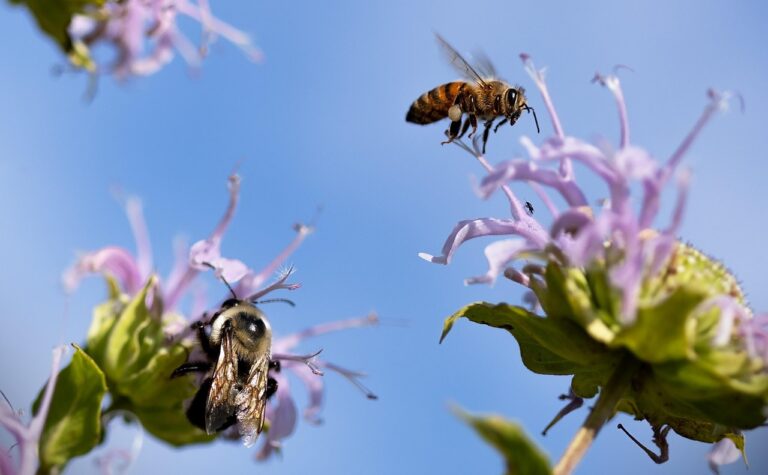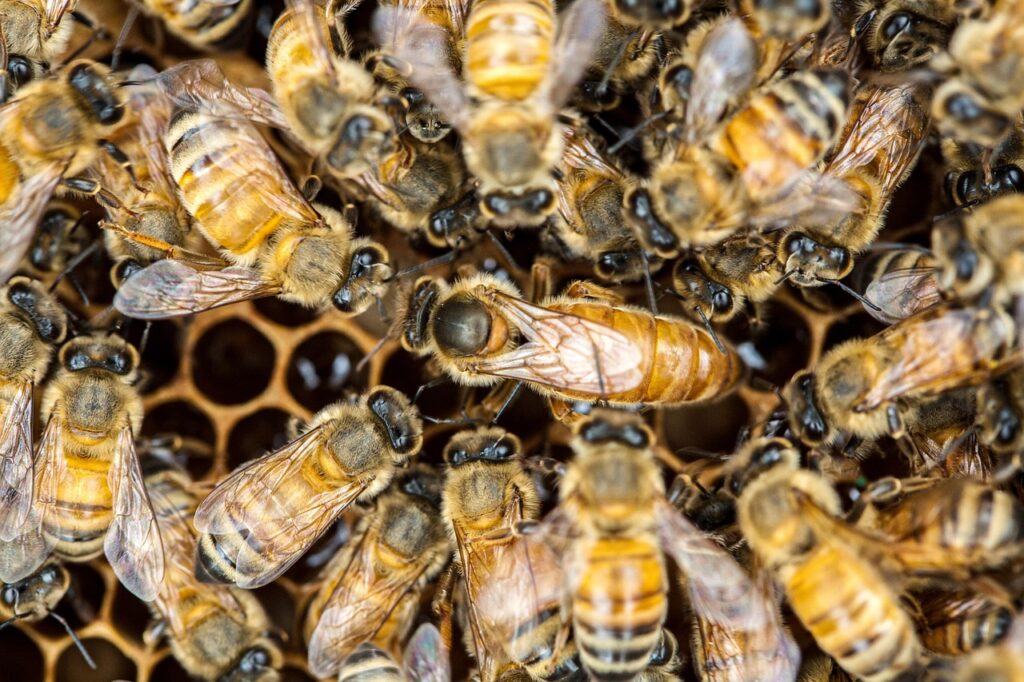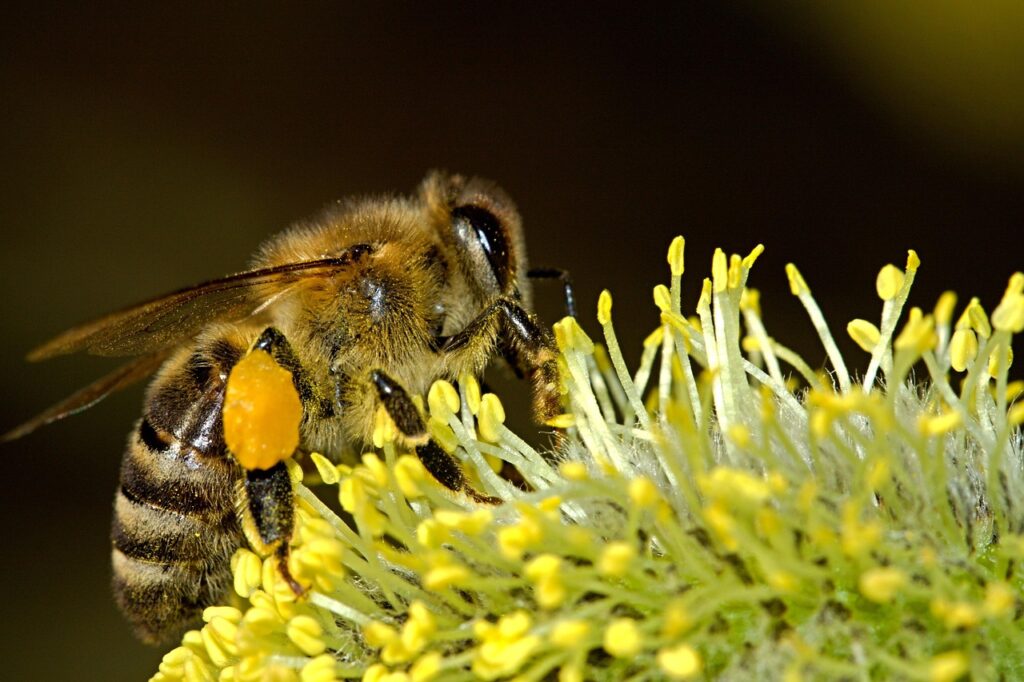Here’s nine of the most common misconceptions to clarify:
1. All bees can sting:
Only the females have stingers, and not all females sting. When it comes to Male’s (drones) they cannot sting at all, and some species, like stingless bees, are harmless[1][2][3].
2. Bees are aggressive:
Bees are generally docile and sting only when threatened. Most species prefer to avoid confrontation and are not aggressive unless defending their hive[1][2][4].
3. All bees make honey:
Only honeybees and a few stingless bee species produce honey in significant amounts. Most bees, like bumblebees and solitary bees, do not make honey[2].
4. Bees die after they sting:
This is true mainly for honeybee workers whose barbed stingers get stuck and cause fatal injury after stinging. Many other bees have smooth stingers and can sting multiple times without dying[2].
5. Honey is bee vomit:
Honey is produced by bees collecting nectar, which they enzymatically process and evaporate into honey; it is not vomit[1].
6. All bees sting other insects:
Bees generally do not sting other insects; aggressive stinging behavior toward insects is more typical of wasps[3].
7. Bees only fly during the day:
While bees are mostly active in daylight, some species can fly at night and during low light conditions[1].
8. All bees live in hives:
Many bees are solitary and nest in soil, hollow stems, or wood rather than in colonies[2][5].
9. Bees are only useful for honey production:
Bees are vital pollinators supporting global ecosystems and food production—many species do not produce honey but are crucial for pollination[2].
These clarifications help reduce unwarranted fear and promote understanding of the ecological importance and behavior of various bee species[1][2][4][3].
⁂
1. https://honeybeerescue.com/common-misconceptions-about-bees-and-the-truth-behind-them/
2. https://beevive.com/en-us/blogs/bee-blog/top-5-bee-myths-debunked
3. https://www.catseyepest.com/blog/top-debunked-facts-about-bees/
4. https://www.mannlakeltd.com/blog/3-common-misconceptions-of-honey-bees/
5. https://forum.inaturalist.org/t/bee-and-wasp-misconceptions/37565



